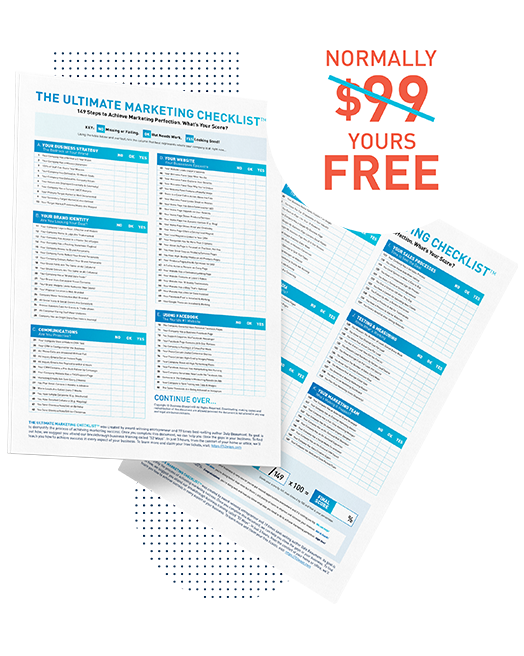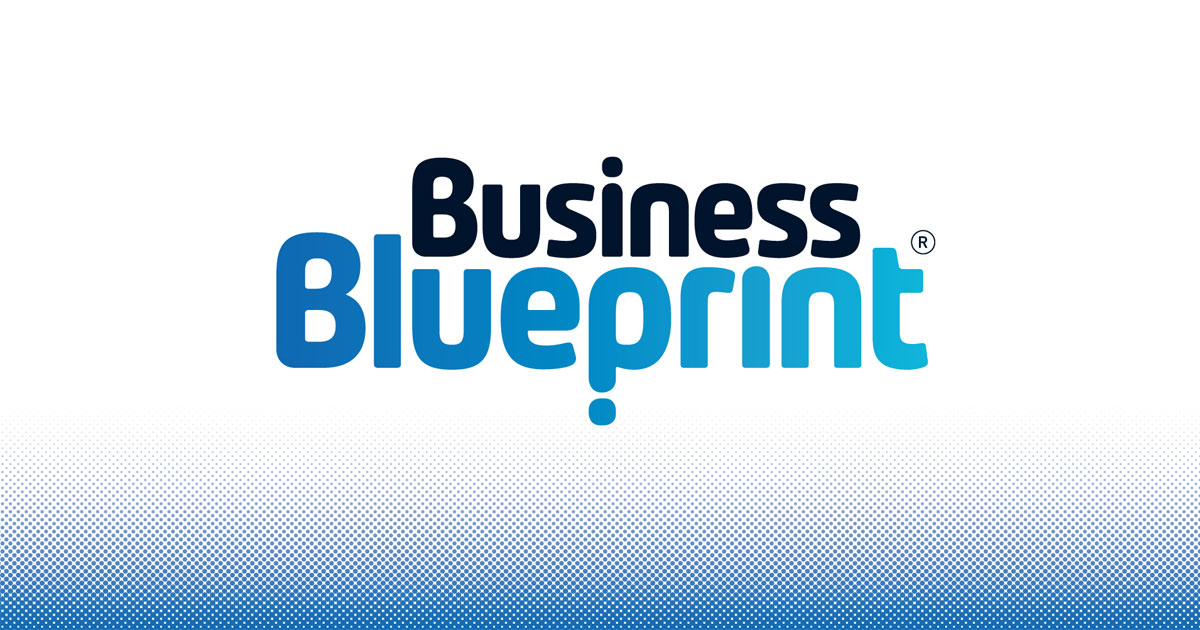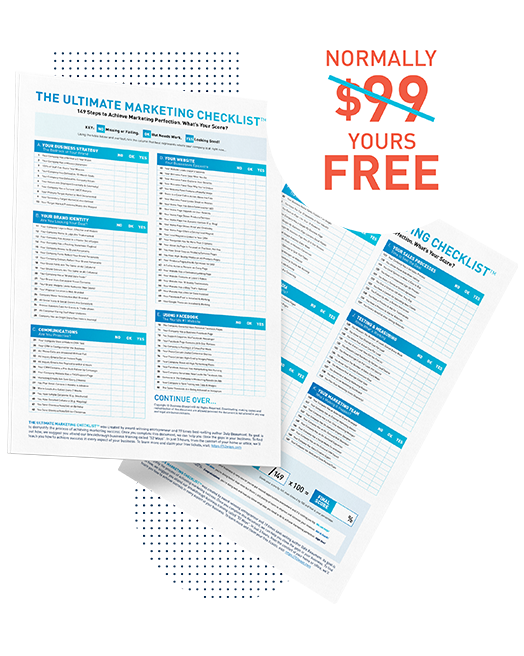Your business’s people are your biggest asset but these days you need to hire beyond skill and look for individuals who are also aligned with your company’s values and mission.
Unfortunately, the cost of a bad hire can be as much as 12 months salary, which is why Business Blueprint invited leadership coach Simone Guild to talk about the subject of hiring the right people.
How to hire people who align with your values and support your mission
According to Simone, the key to avoiding costly mistakes lies in getting the alignment of values right when hiring.
As she explains, “Some people hire on gut feel and your intuition can be right sometimes, but unless you’ve got good quality data to make decisions, you can’t really ‘back it in’.”
To help businesses attract the right talent, Simone emphasised the importance of a strong employment brand. This includes having a well-designed website, LinkedIn profile and social media presence. You should also have a Google profile that showcases your company’s values, spotlights your culture and appeals to the types of people you want to bring on board.
When employees research your business, they will look at your website, head to the About page and check out your values. To take things further, create a Careers page where you begin the conversation with your potential candidates and clarify your mission.
Hiring is a two-way sales process, and you need to be as attractive to your candidates as they are to you. In today’s low unemployment market, “If you’ve got a good candidate in front of you, they’re more than likely in about two other selection processes at the same time,” Simone says.
Interviews and personality profiles will help you understand what people are comfortable doing, whether it is dealing with customers, handling conflict or stepping into a sales role.
Creating a ‘success profile’ when hiring
When it comes to building a successful hiring process, you need an outline of the key capabilities, qualifications, experience and personal attributes the business is looking for. This profile should be aligned with your company’s values and mission, and used to guide the interview and recruitment process.
Just like marketing, recruitment is a mix of art and science. Your intitution can be right but you need quality data to make decisions.
Your success profile should also leverage data. Simone recommends personality profiles, emotional intelligence assessments and cognitive tests that will help you gather unbiased data on candidates. “You should have as much data on your people as you do your finances,” she says.
Checking references
Understanding someone’s past performance holds clues to their future success. While candidates generally choose references who will share positive feedback, it’s important to ask behaviour-focused questions. For a customer service role, for example, you can ask questions like, ‘Tell me about when you have seen them go above and beyond for a customer.’ Or ‘How do they react when things go wrong?’ This will help you move past general statements to more specific details.
References will help you understand someone and set them up to perform at their best. “One question I always ask is, ‘How can I support this person to do well in my business?’ Not a lot of people focus on this.
Another thing to listen to is the pitch in someone’s voice. A high pitched ‘Yeah, sure!’ when you ask if they would hire the same person again can be a tell that the person is not quite telling the truth and could prompt you to ask some follow up questions.
Seven questions to ask a job candidate
Before you give too much information in an interview, these are some questions you can ask the applicant.
- What do you like most about your current role and why?
- What did you like least in your role?
- What was the best organisational culture you have ever worked in?
- Describe the best boss you have ever had
- Which organisation’s mission were you most aligned with and why? (You can also ask what people are passionate about outside of work)
- What has to be present in a job to keep you motivated and which of your past roles provided that?
- How did that make you feel? If they have just explained a previous situation at work, this will give you the opportunity to understand them further.
You can also ask the candidate which values are important to them.
Compare the candidate’s answers to your success profile and think about the kinds of things they need in your business. Once you have asked your questions, you can ask the candidate what values are important to them and share some information about your mission.
Finally, the reminder from Simone is that recruitment and hiring are only the first 50% of the equation. Your onboarding process will determine whether you retain someone and have them running on all cylinders. “The danger point is three months, where the person is wondering if they have made the right decision. This is why the early days need to be as promising as your recruitment process.”
Is HR the missing piece of your business puzzle? Book a call with Business Blueprint to find out how our members fill the gaps in this area.




